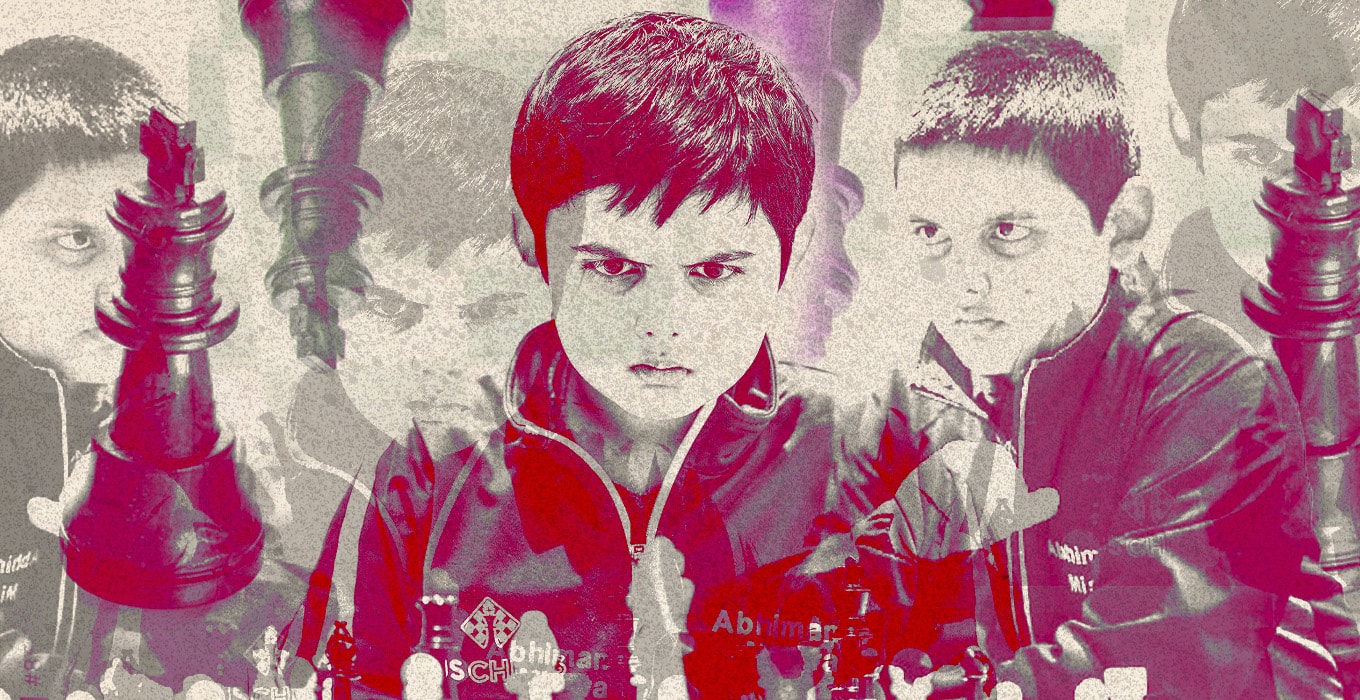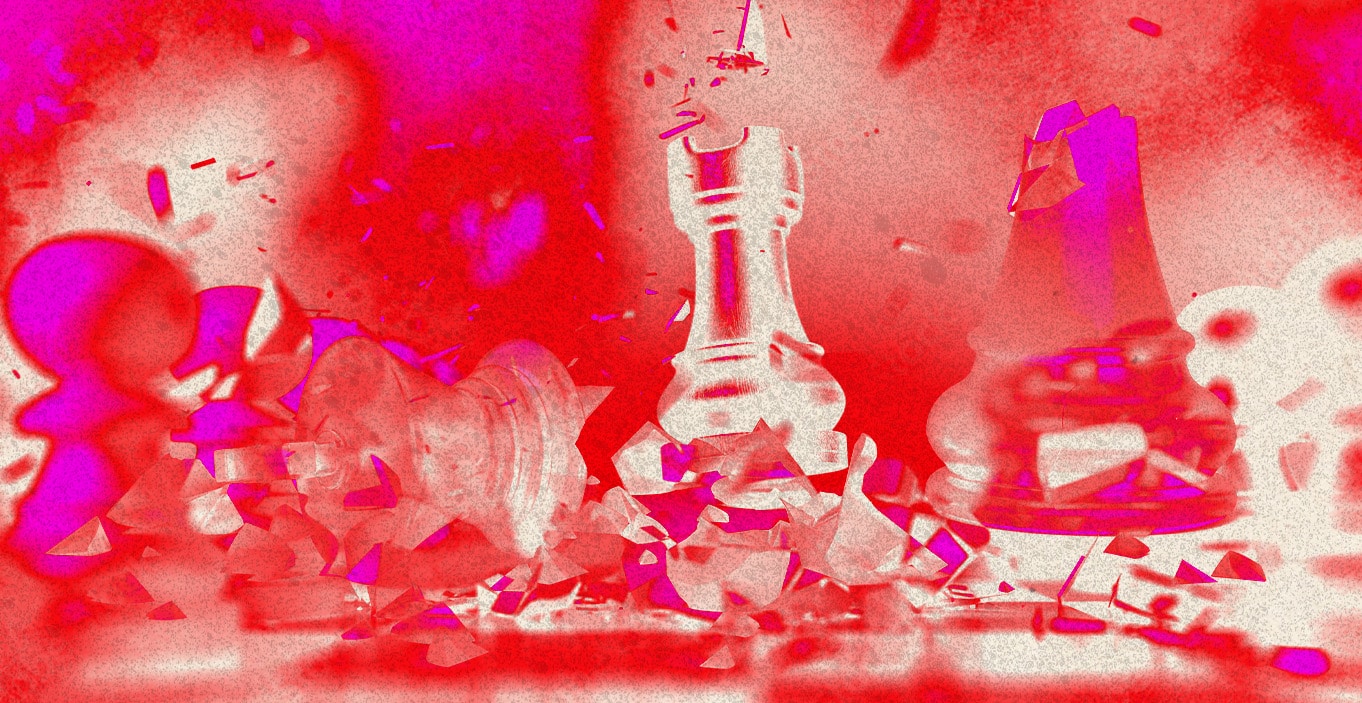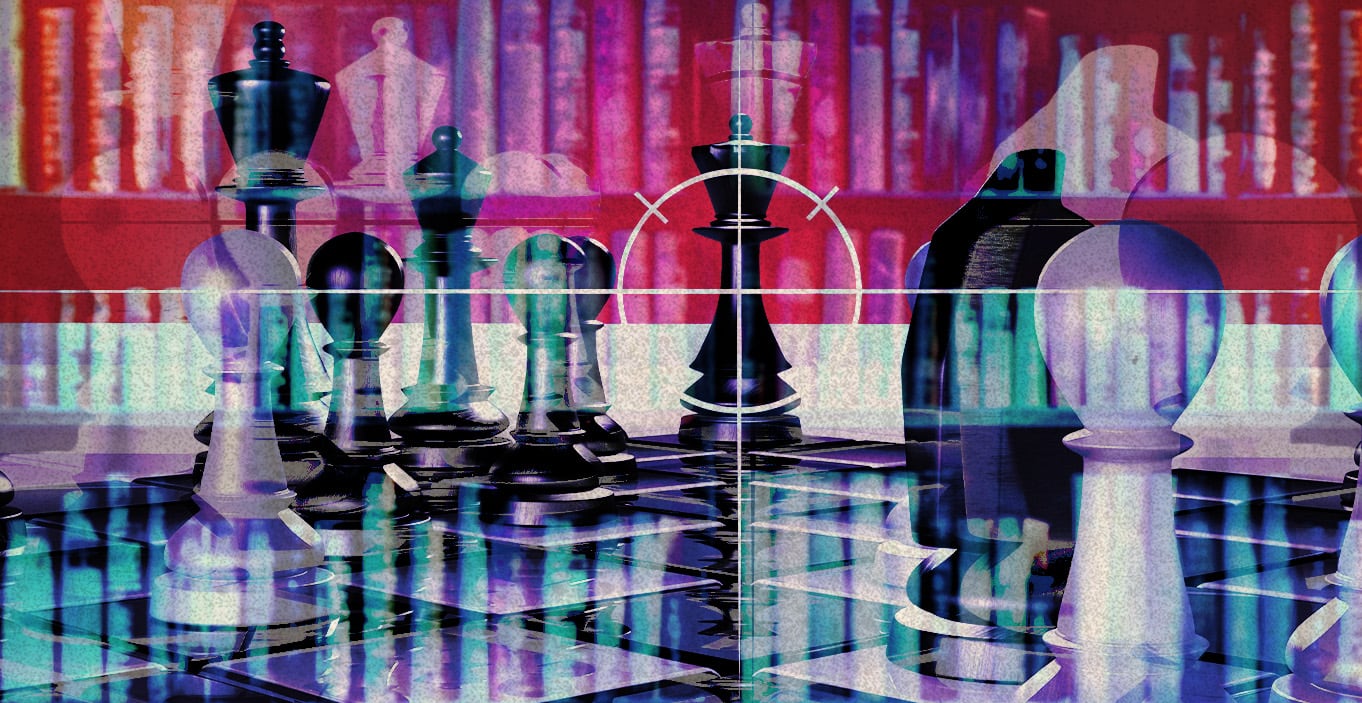According to the 2022-2023 U.S. News & World Report best global universities rankings, four of the top 767 universities in the world are represented among the Summer 2023 Chessable Research Awards (CRA) winners. Quoting the U.S. News & World Report website, “These institutions from the U.S. and more than 90 other countries have been ranked based on 13 indicators that measure their academic research performance and their global and regional reputations.”
CRA applications are judged blind, with the applicants’ universities and the genders of students and faculty research sponsors hidden. Based on descriptions of new or on-going chess research, Chessable chose three graduate students and one undergraduate student as Summer 2023 CRA winners.
Guiding the Summer 2023 CRA winners are three women (out of five faculty research sponsors). One of the female faculty research sponsors is co-sponsoring so splits that money. One CRA student winner is a woman (out of four student winners). Therefore, 41% of the Summer 2023 CRA money will go to women. All amounts listed are in U.S. dollars.
University of Queensland (Australia)
Cheating Detection Among Chess Players
Faculty research sponsors (who split $500): David Smerdon and Vera te Velde
Graduate student winner ($1,000): Jordan von Hippel
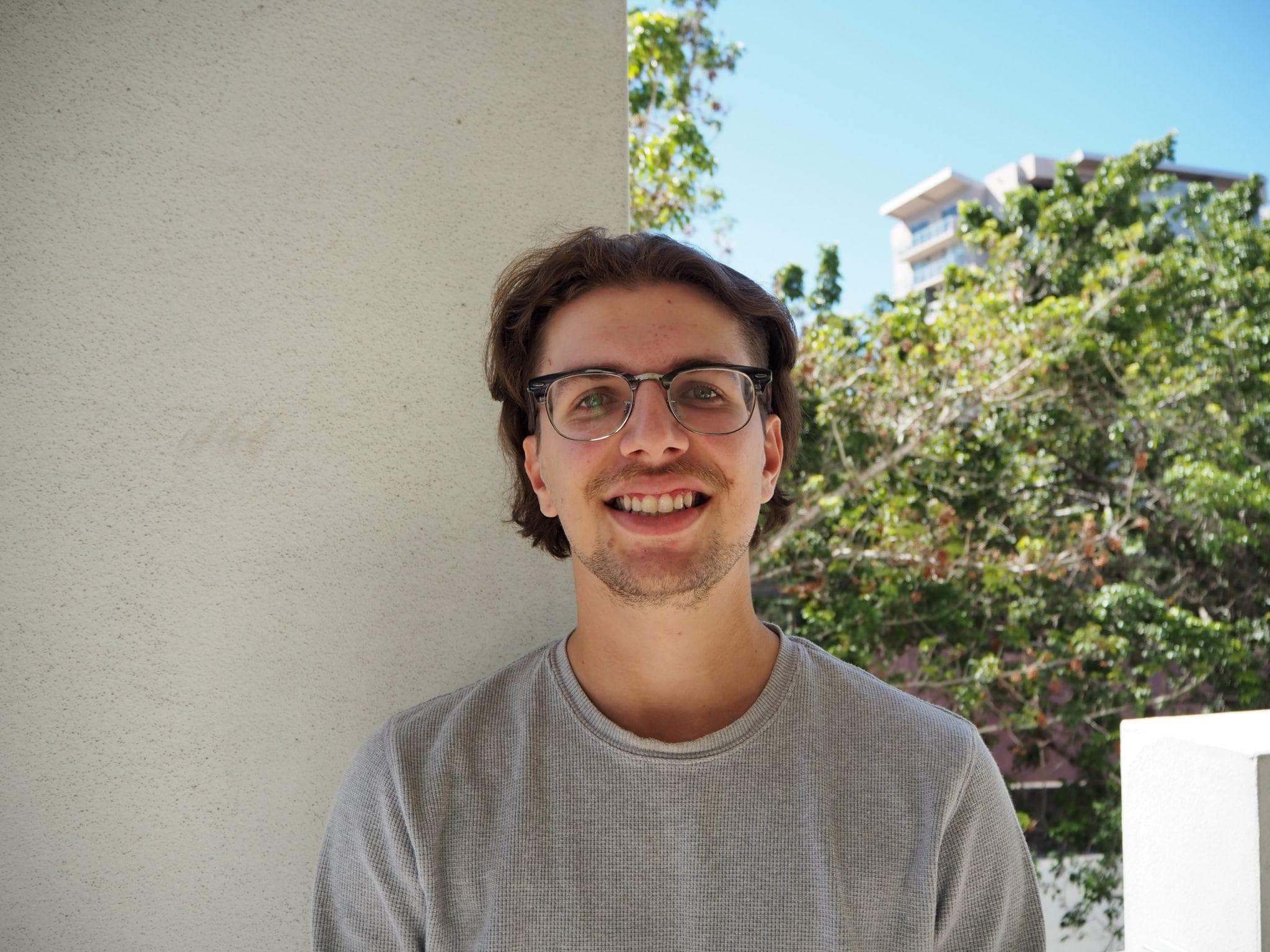
Jordan von Hippel studied Global Studies and International Relations at Colby College (Maine, USA) and is currently a Master of Philosophy student, majoring in Behavioral Economics, at the University of Queensland (Brisbane, Australia). Jordan is completing his master’s degree under Dr. David Smerdon (a chess grandmaster) and Dr. Vera te Velde, both of whom are senior lecturers at the University of Queensland’s School of Economics.
Jordan’s research involves investigating how accurate chess players are at detecting engine-based chess cheating. The research involves two experiments: a special chess cheating tournament and an online survey. The research project will hopefully answer several interesting questions for the chess and academic communities, such as: Are stronger or more experienced players better at detecting cheating? How do humans compare to statistical detection algorithms? How large is the advantage from receiving only a few computer suggestions in a game? — none of which have been formally studied or investigated in the chess world or academia to date.
———————————————————————————————————————
McGill University (Canada)
Checkmating Pain: Exploring the Links Between Flow Experience, Chess, and Pain Modulation
Faculty research sponsor ($500): Mathieu Roy
Graduate student winner ($1,000): Jérôme Genzling

Jérôme’s academic background includes studying Molecular and Computational Chemistry at the École Normale Supérieure Paris-Saclay and he is currently pursuing a Ph.D. in the Department of Chemistry at McGill University in Montreal. He has a keen interest in developing new models using machine learning for drug discovery.
Apart from academics, Jérôme has been a competitive chess player since he was a young child and has even competed in national championships. But Jérôme’s love for chess doesn’t just stop there. He is also the president of the McGill Students’ Chess Club, where he organizes and arbitrates tournaments and provides chess lessons to members. In addition, Jérôme is a Chess.com ambassador and aspires to obtain a National Master title.
Jérôme’s research is focused on exploring the relationship between flow state induced by chess and pain modulation. He is conducting a ground-breaking study that combines behavioral analysis and neuroimaging techniques, such as fMRI, to understand how flow state affects the brain’s activity related to pain perception. By uncovering the link between flow state and pain reduction, Jérôme hopes to develop personalized therapies for pain management and make significant contributions to the field. His research shows a promising future for the role of chess-induced flow state in reducing pain perception.
———————————————————————————————————————
University of Rochester (United States)
A pilot study of a chess-board cognitive training tool for breast cancer patients with cancer-related cognitive impairment
Faculty research sponsor ($500): Alissa Huston
Graduate student winner ($1,000): Jane Zhang
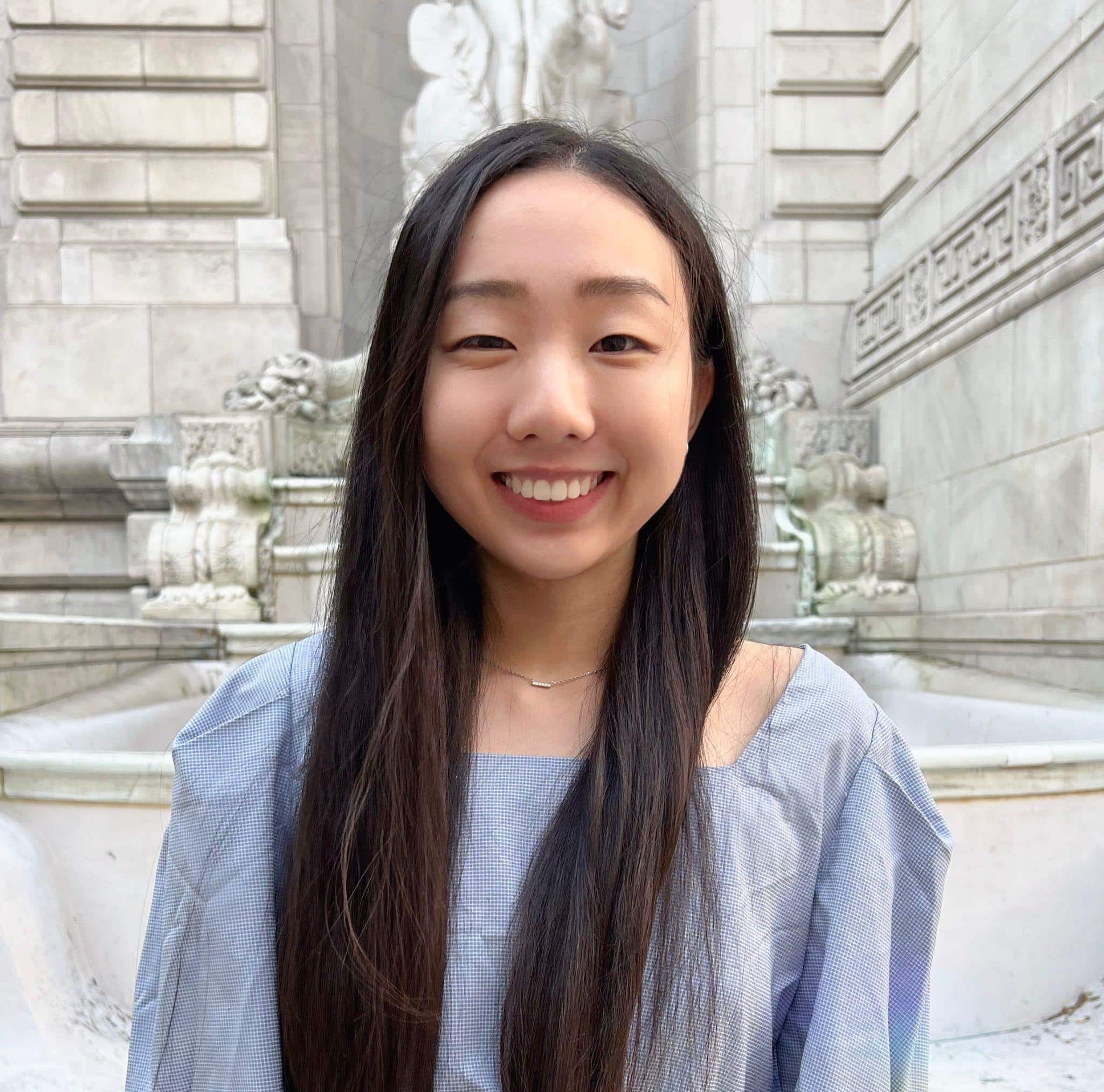
Jane Zhang is currently a second-year medical student at the University of Rochester School of Medicine and Dentistry. She has been a part of the chess community for over 15 years and enjoys playing recreationally with friends, competing in tournaments, and teaching at chess camps. Jane is passionate about cancer research, especially when it comes to investigating ways to improve patient wellness and quality of life and is excited to have the opportunity to partner with Chessable on this project. In her leisure time, Jane likes to experiment with new recipes, explore different cities, and practice Pilates.
Jane is working on a pilot study of a chess-based training tool for breast cancer patients undergoing chemotherapy treatment at the Pluta Cancer Center of URMC. Both the mechanisms of breast cancer disease progression and its treatments have been associated with cancer-related cognitive impairments, ranging from decreased processing speed and concentration to loss of executive function and memory.
These effects are quite common and can significantly impact quality of life. Thus, this project aims to assess the efficacy of a chess-based training intervention, created in collaboration with Chess.com, in improving cognitive outcomes in this patient population.
———————————————————————————————————————
University of Alaska Fairbanks (United States)
The Effect of Diving on Chess Ability
Faculty research sponsor ($500): Brenda Konar
Undergraduate student winner ($500): Michael Martins
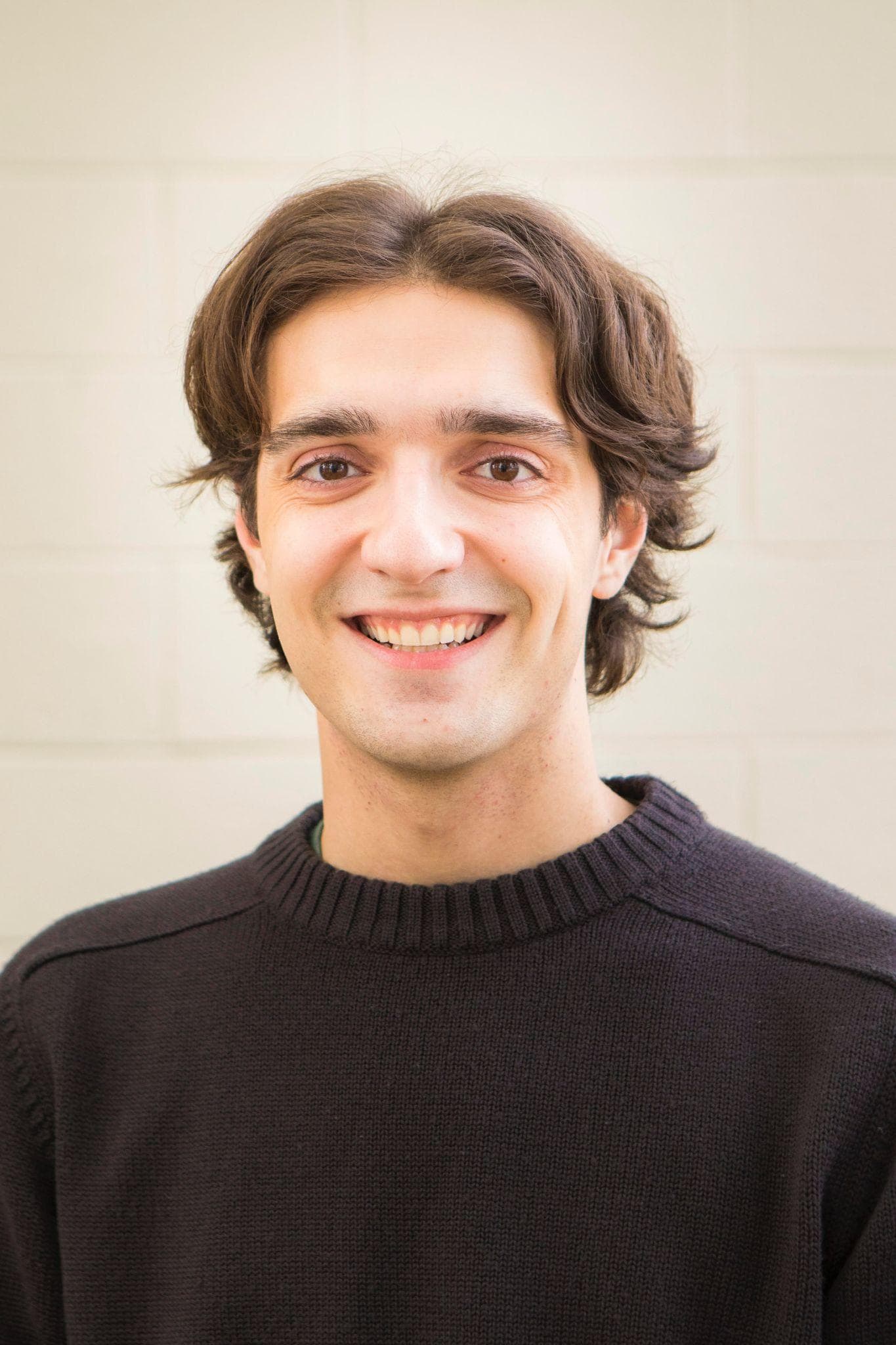
Michael is a Brazilian-American mathematics undergraduate and aurora researcher at the University of Alaska Fairbanks. When he isn’t crunching numbers, he enjoys skiing and scuba diving. When participating in his university’s scientific diving program, he often spends time in the icy waters of Alaska, gathering data for research projects. He also writes poems.
Michael’s research investigates the effect of cold water scuba diving on cognitive performance, with a particular focus on chess puzzle-solving ability. Participants complete two sets of chess puzzles, one on land and one underwater, to measure changes in accuracy and score before and during a dive. Results from this study will shed light on the cognitive demands of diving and provide insights into the potential limitations of professional divers. Understanding the potential limitations of divers’ cognitive performance will help inform best practices for promoting safety among divers.
Applications for the Fall 2023 cycle of the Chessable Research Awards are open from May 1 to July 1, 2023. The Chessable Research Awards are for undergraduate and graduate students conducting university-based chess research. Chess-themed topics may be submitted for consideration and ongoing or new research is eligible. Each student must have a faculty research sponsor.
Each winning undergraduate student gets $500, and their faculty research sponsor also gets $500. Each winning graduate student gets $1,000, and their faculty research sponsor gets $500. There are three cycles of Chessable Research Awards given each year. For more information, or to apply, please visit www.chessable.com/research_awards


